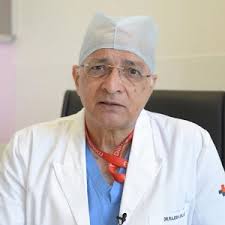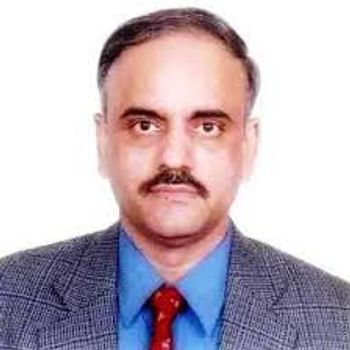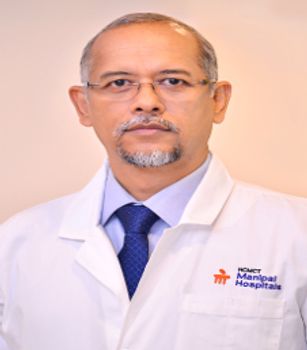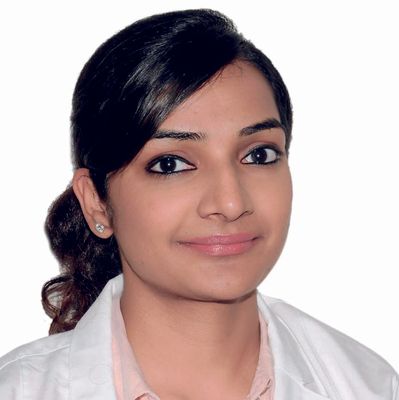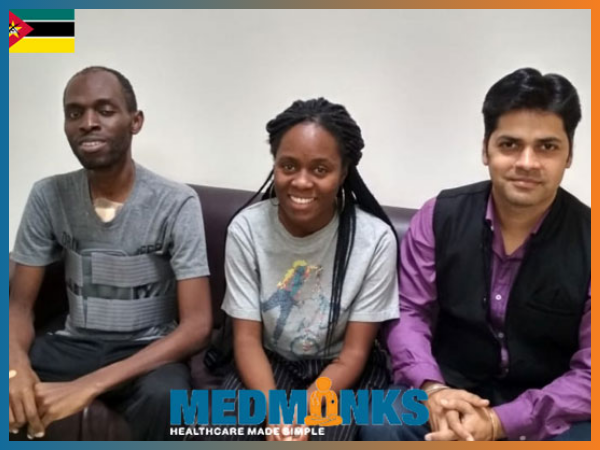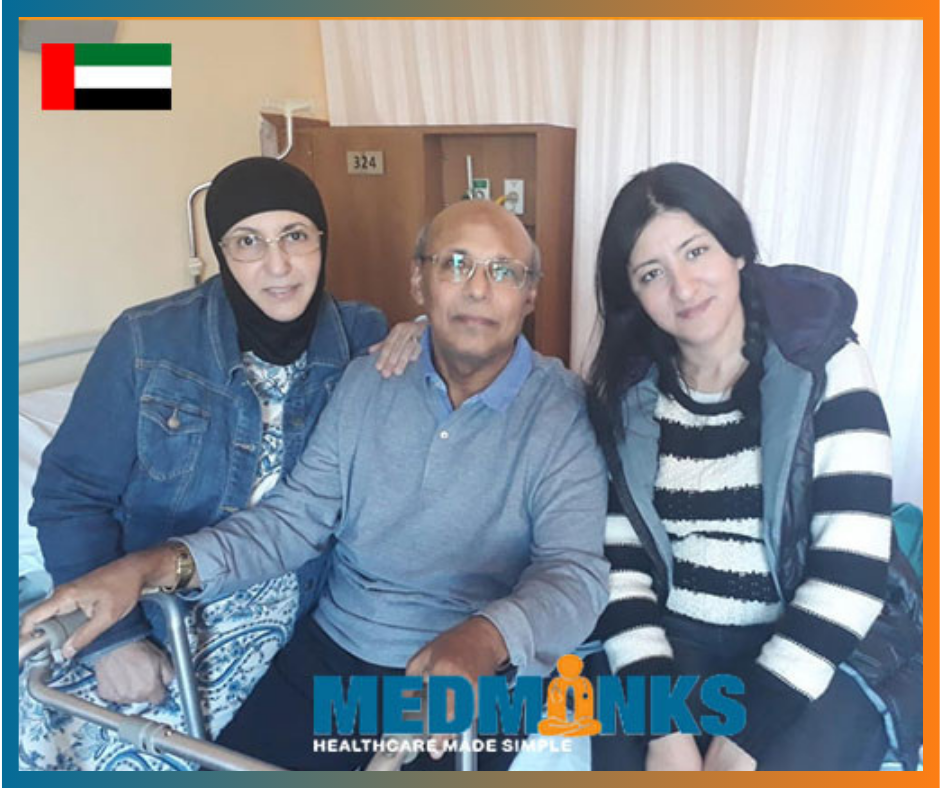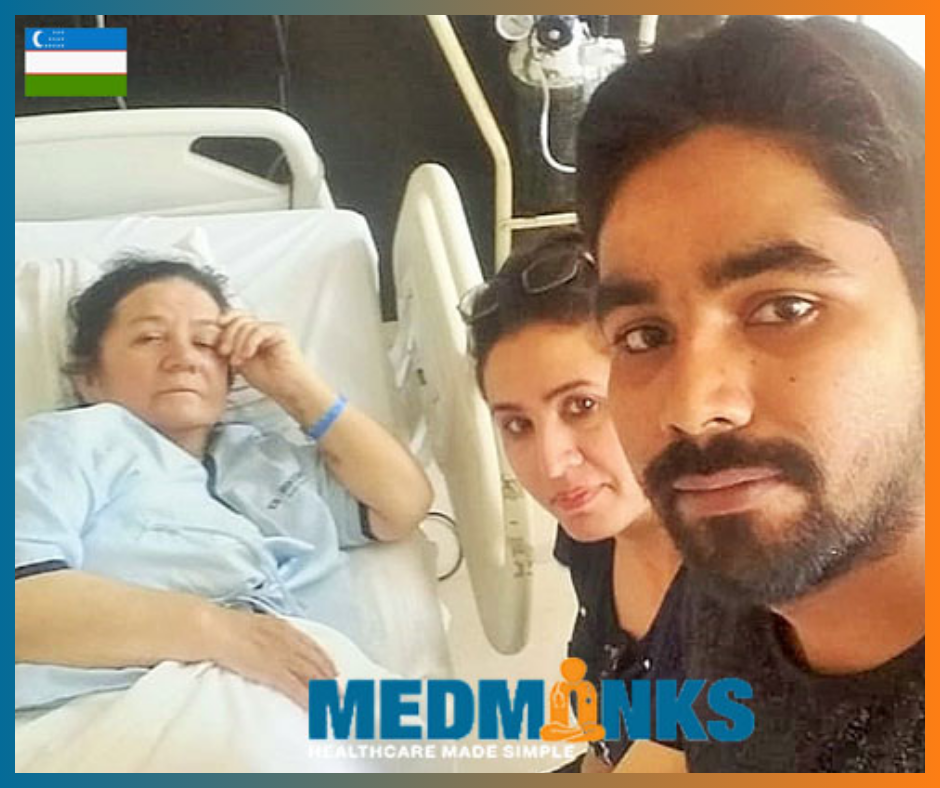Dr Shafiq Ahmed is a renowned urologist, uro oncologist and robotic kidney transplant surgeon with more than 18 years of experience and he has performed more than 15 thou More..
Dr. Waheed Zaman is currently associated with Max Super Specialty Hospital, Shalimar Bagh, New Delhi as a Senior Consultant in Urology and Renal Transplantation depart More..
Dr. Rajesh Ahlawat has established World’s first Renal Transplant. At present, he is associated with Medanta The Medicity, Gurugram as Chairman of Urologist de More..
Dr Saurabh Pokhriyal has worked in Medanta the Medicity, Fortis Vasant Kunj and Apollo Hospital in the past. Currently, he is associated with the Manipal Hospitals i More..
Dr. Sandeep Guleria is currently associated as Senior Transplant Surgeon with Institute of Transplant at Indraprastha Apollo Hospitals, New Delhi. He led the team th More..
Dr Sanjay Gogoi has contributed his services to many preeminent hospitals like Medanta the Medicity, Apollo Gleneagles, FMRI and Apollo Colombo. More..
Dr Lakshmi Kant Jha is an Nephrologist in Max Super Speciailty Hospital, Vaishali. He has Over 17 years of experience in managing patients with Kidney Diseases More..
Dr Manisha Dassi is an Nephrologist in Max Hospital Vaishali More..
Dr. Garima Aggarwal is a Physician and Nephrologist, with a special interest in renal transplant and community nephrology. She has received her Nephrology training a More..
Dr Dilip Bhalla is an Nephrologist in Max Super Speciality Hospital, Vaishali. He has an experience of over 22 years More..

Don't know where to start?
- Speak to our in house doctor
- Get a response within 5 minutes
Description
A nephrologist is a doctor who specializes in the branch of nephrology, which is a field of medicine that deals with the study of symptoms, causes, diagnosis, and treatment of any diseases related to kidneys.
A kidney is a bean-shaped organ located at the bottom of the rib cage that is chiefly responsible for filtering out waste and surplus water out of the blood. It also regulates PH and salts level in the body. The kidney produces hormones that maintain blood pressure and control the production of RBC's.
A kidney is said to be impaired when it fails to function correctly under the following conditions: diabetes, high blood pressure, etc. Damage to kidneys means various other health problems such as weak bones, nerve damage, and malnutrition.
Delayed treatment to kidney problems may lead to a complete failure. And the patient may need to be shifted to a Dialysis machine, which works as an artificial kidney but cannot cure kidney disorder.
To get treated for malformed kidney functions, one must see a skilled nephrologist, who is proficient in diagnosing and treating varied kidney diseases such as renal failure, kidney stones, fluid retention in kidneys and protein detection in the kidney.
Delhi is a city that homes several skilled nephrologists who have years of experience in addressing and successfully treating severe kidney conditions.
FAQ
What are the various types of kidney problems and their potential causes?
1. Chronic kidney disease is a long-term disease that doesn't improve over time, and high blood pressureis its common causative factor.
2. Kidney stone scan be excruciating, which usually comes out through urine. It forms due to the crystallization of minerals and other factors in the blood in the kidneys.
3. Glomerulonephritisis an inflammation of glomeruli, small filtering structures in kidneys. It can be caused due to infections, drugs, or congenital abnormalities.
4. Polycystic kidney disease is a state where numerous cysts develop in the kidneys and interfere with its functioning, which leads to renal failure. Unlike other cystic problems, polycystic kidney disease is a genetic disorder and is a severe condition to deal with.
5. Urinary tract infections issepticity of the urinary system caused due to bacteria. Generally treatable and rarely turns severe, but if UTI remains untreated for a prolonged time, then it can potentially affect kidney and leads to its failure.
What is the need to consult a nephrologist?
One should see a nephrologist for the following reasons:
• High creatinine levels in the body
• GFR test results are less than 30
• Family history of kidney disease
• Long standing blood pressure, diabetes, vascular diseases like stroke or heart attack
What are the risk factors for kidney disease?
The leading causative factor for developing kidney disease is diabetes, which accounts for 44 percent of new cases. Other conditions that also contribute to the risk of developing kidney ailment are the following:
• Family history of chronic kidney disease
• Old age
• African, Hispanic, Asian, or American Indian descent
• High blood pressure
What are the signs and symptoms of kidney disease?
Kidney disease exhibit signs at advanced stage only and therefore, can go unnoticed in its initial phase.
Few early symptoms that warn against the possible development of kidney disease are:
• trouble sleeping
• swollen feet/ankles
• puffiness around the eyes in the morning
• poor appetite
• muscle cramping
• dry, scaly skin
• frequent urination, especially late at night
• fatigue
• difficulty concentrating
Following are the symptoms that appear when the kidney disease advances to kidney failure:
• decreased sex drive
• nausea
• vomiting
• fluid retention
• anemia
• loss of appetite
• sudden rise in potassium levels
• inflammation of the pericardium
• changes in urine output
What are the preventive measures for renal problems?
Following are the preventive measures for renal problems:
• Avoid a sedentary lifestyle
• Maintain blood sugar level
• Regulate blood pressure
• Control of obesity
How to search the best kidney doctors in Delhi?
• Take reference of kidney doctors from known ones, who’ve got treated or getting treatment in Delhi.
• Consult a general physician to refer to some of the kidney doctors' names.
• Visit the Medmonks website to get a cohesive list of top kidney specialists in Delhi with detailed bio and patients’ reviews.
How to treat end-stage renal disease?
When a kidney is at its terminal stage, there is no effective treatment available to cure the damage but to put the patient on a dialysis machine until a good pair of the kidney is transplanted.
How to diagnose kidney disease?
To diagnose kidney diseases, the following tests are carried out by the nephrologist:
• Urine test: It is performed to verify the presence of Albumin protein as it appears in urine only when they are damaged.
• Blood creatinine test: This test confirms the malfunctioning of the kidney by determining the increased levels of creatinine in the blood sample.
• Glomerular filtration rate (GFR): It determines the stage of the kidney disease and measures how well kidneys are working.
• Kidney biopsy: In this procedure, a tissue sample is taken from the kidney under the influence of anesthesia to determine the type of kidney disease and the amount of damage it has brought.



